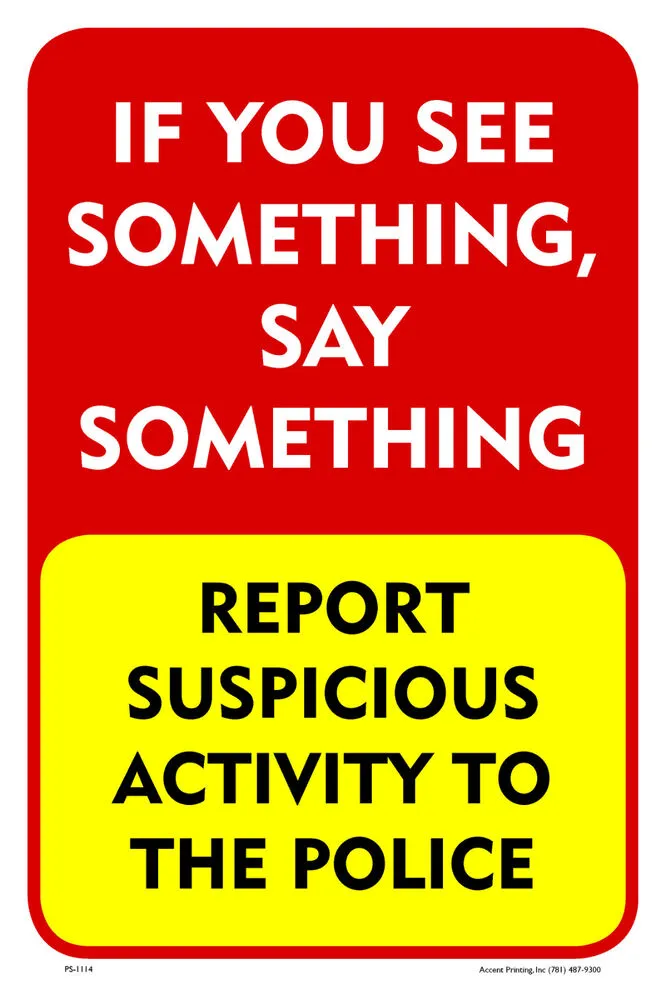A Step-by-Step Guide to Being an Executor

Whether you’re planning ahead for your own heirs or have been asked to serve as executor for someone else, it pays to understand what the role requires. The executor shoulders the fiduciary responsibility to keep track of all assets and debts for the deceased person and executes the instructions in the will for disposing the assets.
Claims against the estate could become the executor’s personal responsibility if funds aren’t handled correctly, says Hugh Drake, a partner with the Brown Hay & Stephens law firm in Springfield, Ill. The job can be a steep learning curve, especially if you know little about the deceased person’s possessions, the scope of the estate or where important papers were kept.
Here’s a step-by-step guide of what the executor will need to do.
* Last reviewed on August 8, 2020





You must be logged in to post a comment.